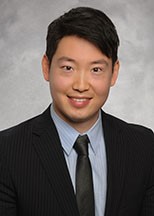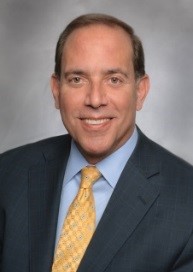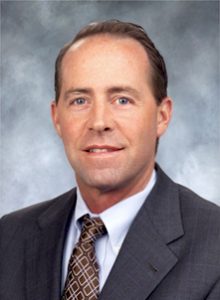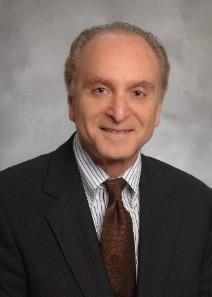FEELING THAT CANNABIS HIGH
by Stephan P. Hyun, Esq.
Starting on January 1, 2018, cannabis-related business activity became legalized in California, resulting in a lot of questions about the opportunities that have now become presented. We as legal counsel often get asked: Should I do business with a cannabis company? What should I look out for? How do I protect myself? After all, this legalization affects both the licensed cannabis businesses themselves as well as the businesses who do business with them.
Here are important issues that we frequently deal with in protecting our clients who want to start doing business with a cannabis company.
1) Typically in contracts, there are provisions that say how the agreement will be governed and interpreted, as well as where any claims can be brought. Having these provisions properly drafted can be ‘life-savers’ because while cannabis is legal in California, it is not legal federal-wide. Also since California has enacted additional protections to ensure that the contract can be enforced under California law, adding certain clauses and language in your contract can allow California courts to determine that your contract is valid and enforceable. This will help you in instances when the cannabis business your dealing with is not upholding their end of the bargain.
2) We advise our clients to put into the agreement ways in which you can terminate or suspend your services immediately without any notice. When advising our clients and drafting their contracts, we take into account the possibility of the federal government investigating or prosecuting cannabis activity even in states where it’s ‘legal’.
3) Our firm has negotiated key provisions to be incorporated into cannabis security service contracts. One of the provisions that we insist be carved out is about when the cannabis business will defend you and cover your losses if the federal government comes after you for being seen as facilitating/assisting a cannabis business.
4) In the agreements we have worked on, we want to ensure our clients are protected by eliminating consequential damages. Consequential damages are damages that go beyond the contract itself and flow from some type of failure in adhering to the contract. Consequential damages in a cannabis-related situation would be the loss of the cannabis product that may have been stolen, or the cannabis company’s lost profits as a result of the security officer failing to show up at the dispensary on time. For our clients, we advise them to limit their exposure, and draft contracts to meet that end.
5) Because many banks do not want to deal with cannabis businesses, cannabis businesses frequently pay in cash. We counsel our clients to be wary of the temptation to be paid in cash. By accepting cash, you could be accused of money laundering by the federal government. Further, federal prosecutors may be suspicious that you are not simply a security services provider, but rather a pawn in the cannabis company’s scheme to hide where the money is truly coming from. Certainly, this is unwanted attention for your business.
Recommendation: We recommend that you get ahead of the ball and be proactive in preparing separate cannabis security service agreements, different from your standard contracts. That way you lead in the negotiations for your services versus the other way around. By understanding the intricacies and interplay between federal and state cannabis law, you will be able to fully capture this new opportunity and better protect yourself from this emerging cannabis high.
 Stephan P. Hyun is an associate attorney at Bradley & Gmelich LLP, where he represents clients in a variety of business litigation and general liability matters, with a focus on providing legal counsel in business transactions and contracts, as well as business formation/development. His practice also extends to handling licensing and compliance issues for both private security and cannabis industries. He recently presented on the topic of Cannabis in California at the CALSAGA conference. shyun@bglawyers.com / 818-243-5200.
Stephan P. Hyun is an associate attorney at Bradley & Gmelich LLP, where he represents clients in a variety of business litigation and general liability matters, with a focus on providing legal counsel in business transactions and contracts, as well as business formation/development. His practice also extends to handling licensing and compliance issues for both private security and cannabis industries. He recently presented on the topic of Cannabis in California at the CALSAGA conference. shyun@bglawyers.com / 818-243-5200.




